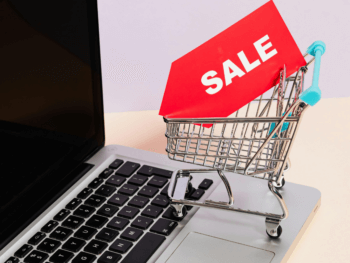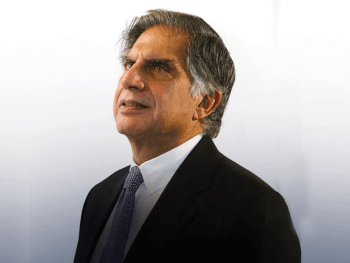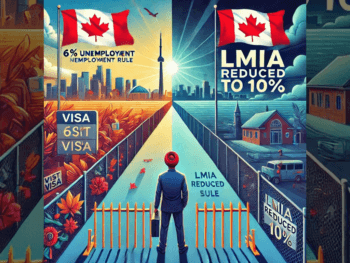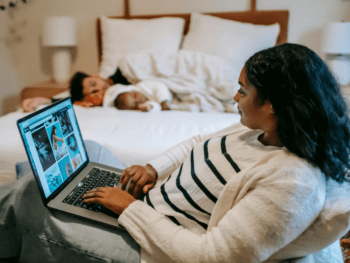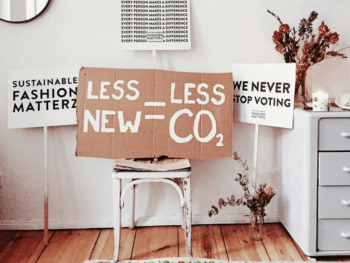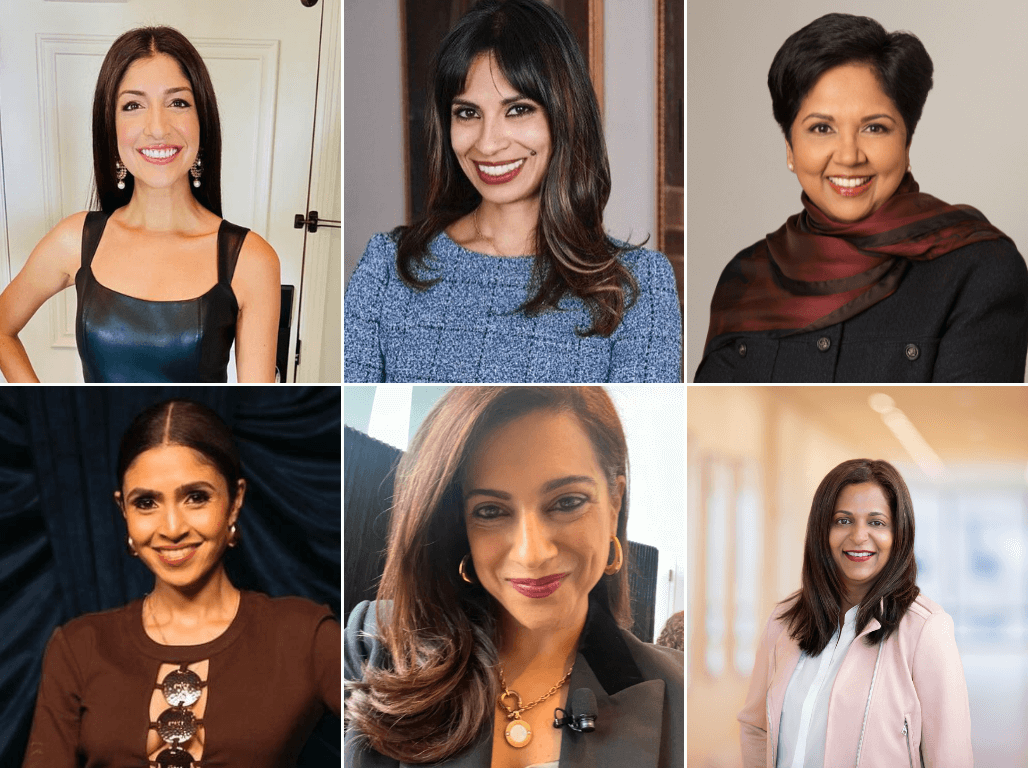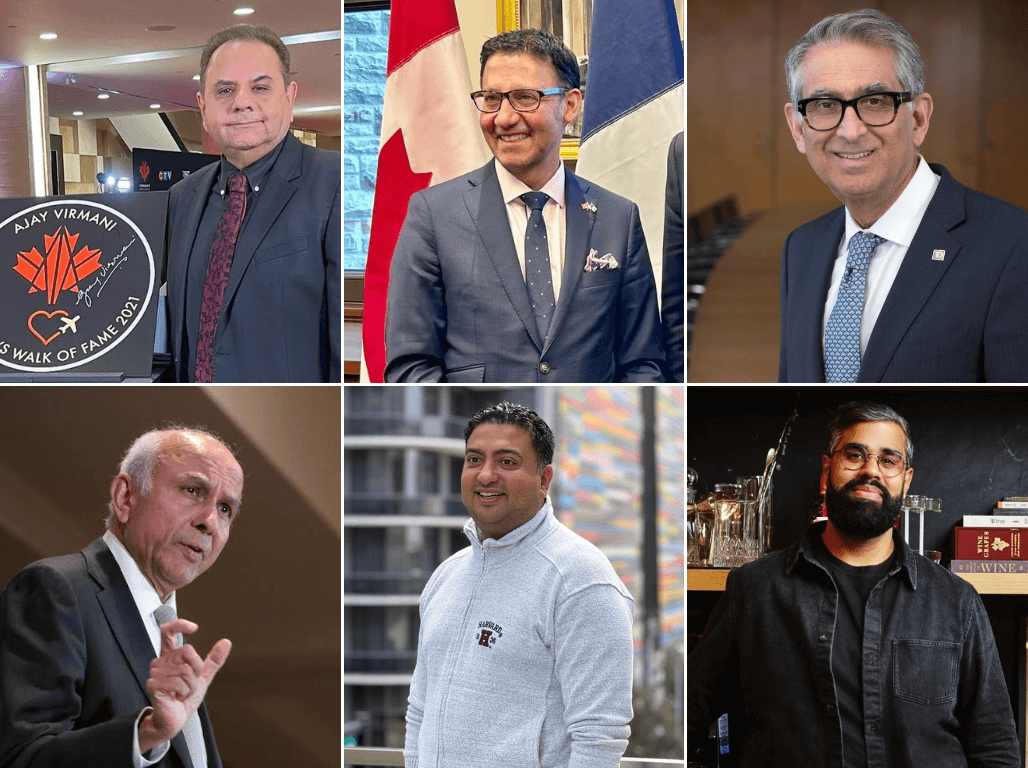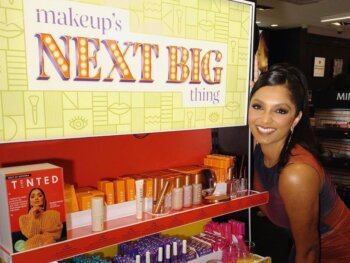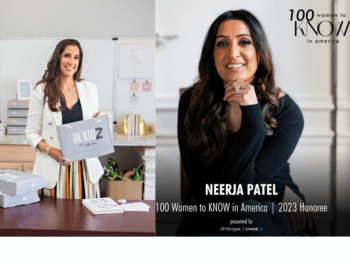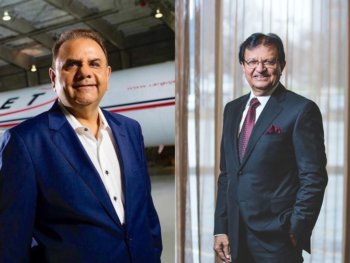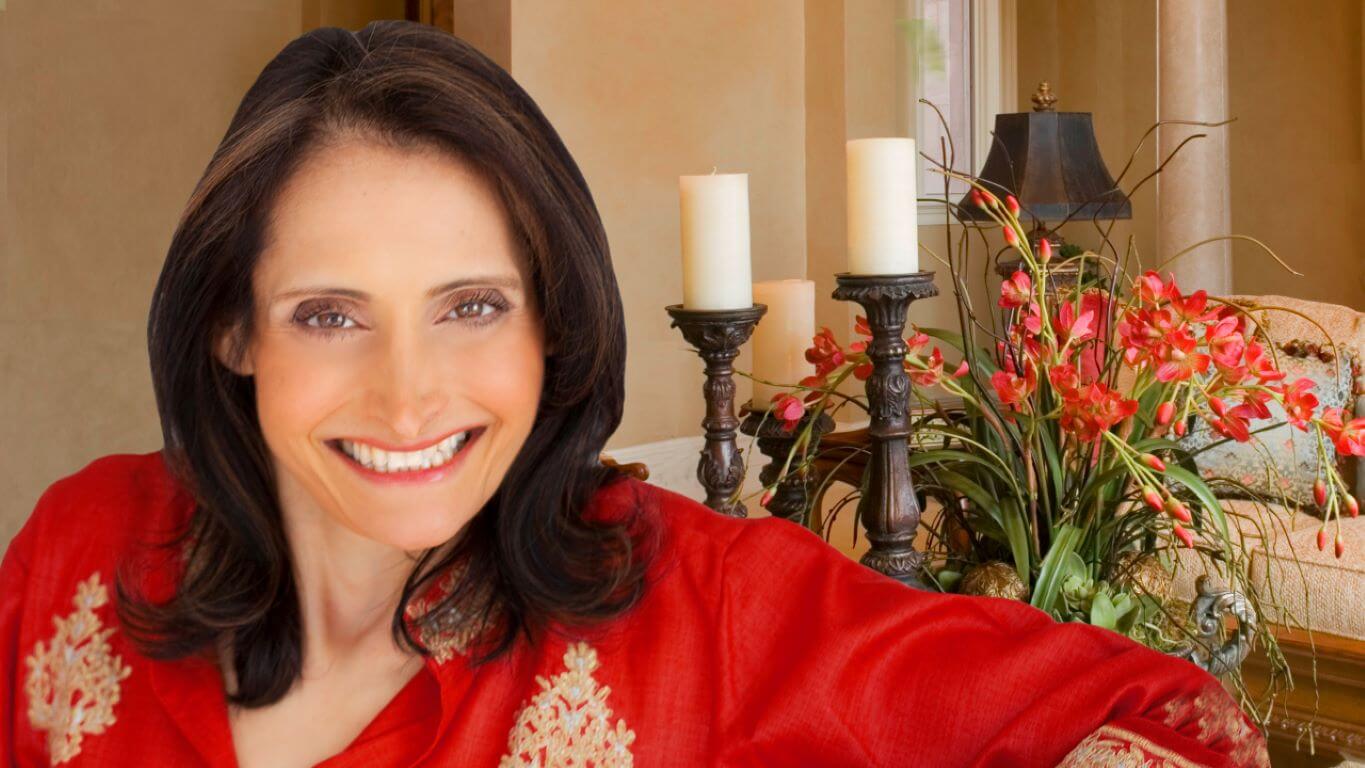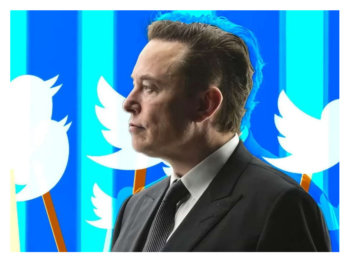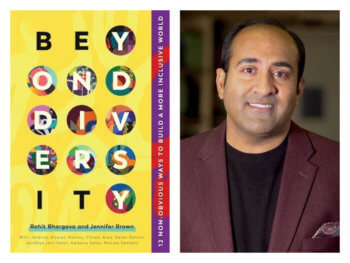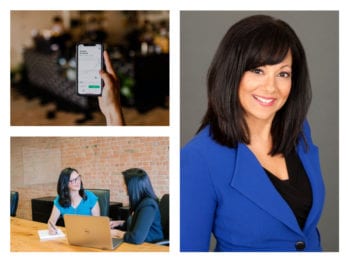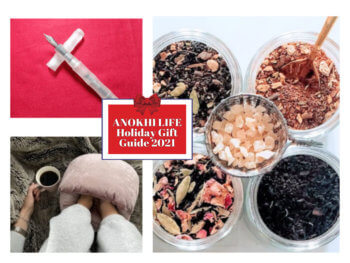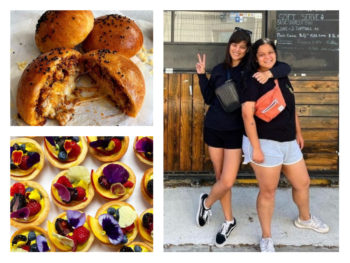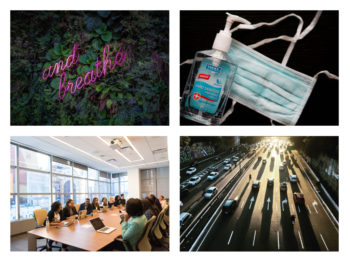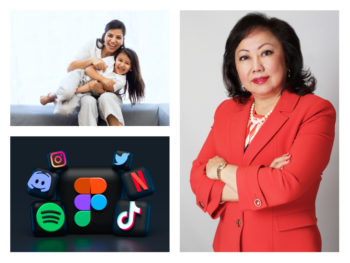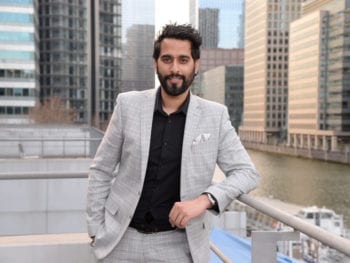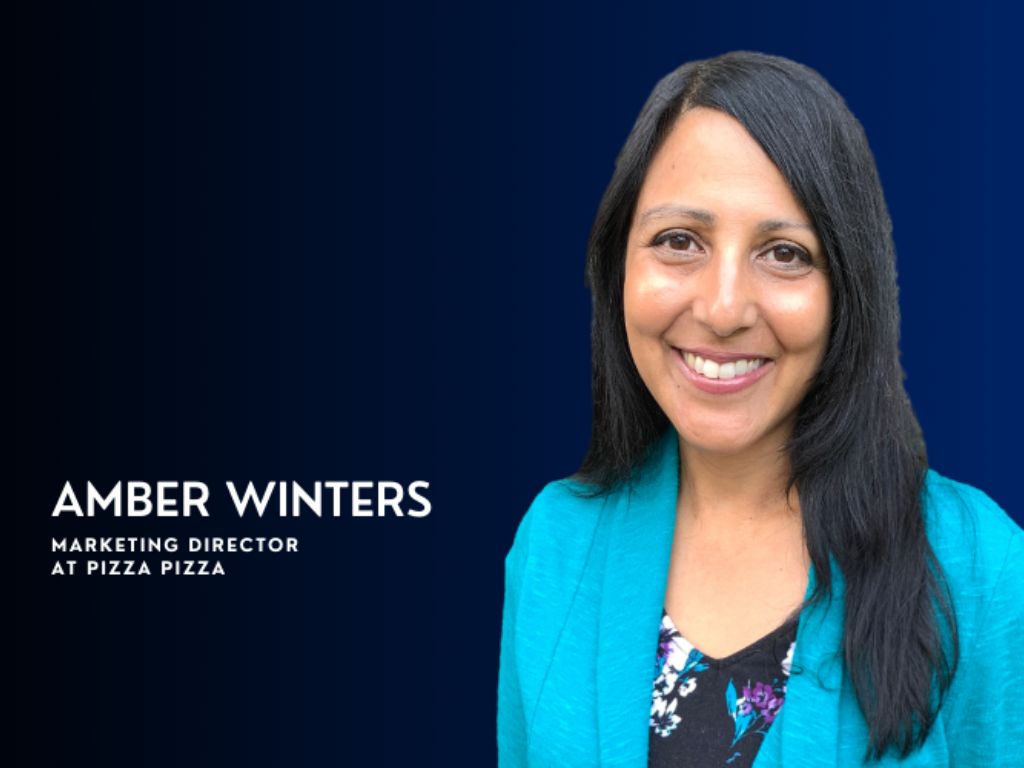
Pizza Pizza Marketing Director Amber Winters Explains How Inclusivity Grows Employee Confidence
Business Mar 17, 2023
With over two decades in the business Amber Winters know just what it takes to have a team that is proud of what they do. As the Marketing Director of Pizza Pizza a Canadian heritage brand when it comes to fast food, Winters has broken many barriers (and bread!) while highlighting the importance of inclusivity. She shares her thoughts about why now it’s now more important than ever for leaders to support their teams especially when recruiting and retaining workforce in the food industry has been a challenge, the importance of DEI in the workplace and what strong female leadership means and why it matters in today’s environment.
Hina P. Ansari: So you’ve been at Pizza Pizza since 2004 and the Marketing Director since 2018, tell me what does your responsibilities entail?
Amber Winter: I look after the all of our promotions and messaging. I look after our creative oversight thinking and brand building. Cross Canada brand media promotions and cross-channel sales.
HPA: I have to ask you, obviously, a couple of years later after you started your Marketing Director position, we went into shutdown with COVID which had impacted the restaurant industry. Dining in wasn’t an option, but there was a lot of takeout. So I just wanted to ask you, how did you pivot?
AW: Yeah, well, you know, it was very, very shocking at the time. We were really fortunate, as we had already been working on a safety measure, with our Tamper Proof pizza box. And that was something that actually just launched within days of the pandemic hitting, which was very timely for being a pizza chain. You know, we really tried to focus on the credibility of our product and make sure that the safety was well communicated. The terms of the measures that we were taking in any case with any order. And that also amplified because of the pandemic. So we really tried to communicate that effectively. Our delivery model really was quite strong during those months. Where we did see [a decline] was on the walking side. So for example, Pizza Pizza has a huge share of walk-in customers that grab a slice and go. So that’s something that really struggled during the pandemic in those first months, but since has really returned quite, quite strong.
HPA: It’s so interesting that that Tamper Proof box was very timely.
AW: Yeah, it was, actually. We couldn’t have planned that better. We did not intend for a pandemic to hit that was launching, of course, but it was actually that one measure that pizza Pizza takes for food safety is always part of our mandate. And it was just something that we had added kind of as an incremental initiative, and it just ended up being super relevant.
HPA: One of your marketing initiatives which I found to be quite brilliant is your Fixed Rate Pizza. A play on the fixed interest rate concept. Right now with rising increase rates and inflation, bringing this idea of offering an option where a particular pizza is available at a fixed price is quite brilliant!
AW: Thank you! You know, it was an initiative we started last year as part of our new brand position. Everyone deserves a pizza. And we really were trying to find a way to activate that message because you can kind of communicate that. But what does that really mean? And it could mean a lot of things with pizza for us. We have a lot of vegan options. We have gluten free. We have dairy free people with allergies where we always have them covered. However, we thought, you know, we need a little bit more meat to this, for lack of a better word. And we just thought, you know, at the time inflation was so top of mind and pizza is a very broad and very well-liked product. And even though the connection back to inflation isn’t super clear at all times. But I think that we just are. This is really topical. It’s really top of mind. We just want to give people a break. That and even have a little laugh that even pizza can be part of this stressful topic. We really make sure that we were connecting with our audience to say, ‘hey, we get it. it’s tougher now but everyone deserves pizza’. And and for that reason we’re going to give you a break and give you a pizza that you don’t have to worry about the price going up. So that really it took off last summer. We still have it on our menu and we’re committed to keeping the price locked in all year. And it’s it’s great. It’s doing it’s doing really well.
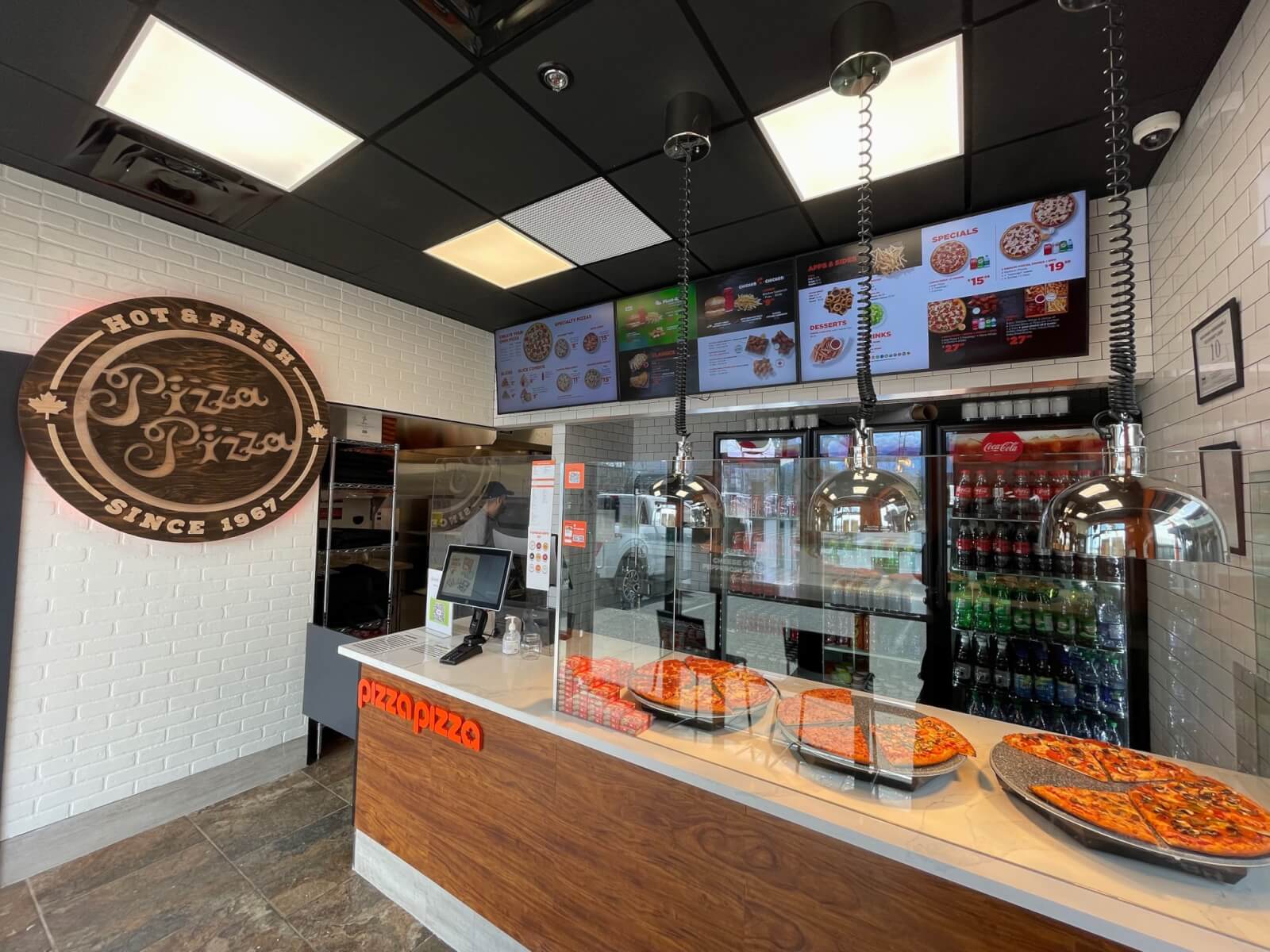
HPA: And I love the advertising. With the whole play on not having to worry about being approved for it and how it fits into the budget. And I just thought it was so brilliant. So I just wanted to send kudos to you for that, that it was brilliant. Brilliant marketing.
So now let’s talk about you being a South Asian woman in such a iconic Canadian heritage company. Were there any instances or examples of where you brought in your perspective to this company?
AW: I go back to the earlier days because almost 20 years ago — it’s funny to think that this — but we did a lot of pepperoni pizza promotions. And I think because I’m a Muslim Pakistani and I was kind of like, ‘What’s up with all the pepperoni? We have a lot of customers who don’t eat that’. And I kept pushing for alternatives like cheese, a pepperoni or veggie and pepperoni. And finally, it was after the first time it was okayed. And then I kind of had to keep bringing it up time and time again. And finally it just became a symbol to make this more inclusive. So I feel like that’s just a silly example, but it was just one of those things that it just wasn’t really thought about. And back in those days. pepperoni pizza has always been a favourite and it was a very standard product, but just rounding out the edges on that really opened it up to even more of an opportunity.
So that’s just one example. I kind of laugh at that one because in this day and age it just seems so obvious. But there are moments like that where you think, you know, there’s this sort of idea of being South-Asian or being whether it’s Muslim or Hindu or Sikh or anything. You just you want to make sure that your audience can can relate. And and I think that’s kind of being a voice that can represent that is is really important.
HPA: Now let’s talk about the Pizza Pizza DEI Council. When was that formed?
AW: We formed it just over a year ago. And it’s interesting because Pizza Pizza has always been and I’ve been here for almost 20 years, it’s always been a place that believed in diversity and equity. It was part of our foundational values and that’s one of the reasons why I really loved working here was because of those values. It just needed to be formalised. So we kind of looked at it, looked around us and we were ready. We felt that we needed to step up in this space and we formalised our needs with the council. There’s about ten of us and we do have some great initiatives that we’re working on.
We just started the Speaker Series and we had a really great engagement, like there was over 100 people, which is over 75% of our staff that attended. They took their lunch and that’s not always easy to get people to take their personal time. But everyone was very excited that this opportunity came up and it was one of the reasons one of the asks of the council was to implement more educational opportunities. So we’re looking forward to supporting more and just making sure that we have really a broad spectrum of educational opportunities for our team members.
HPA: When it comes to inclusivity in the workspace tell me your perspective on how that can grow the confidence of those who are working with you?
AW: Well, inclusivity for us is so important because our customer base has such a range. We have anybody and everybody ordering pizza for Pizza Pizza. So we really want to make sure that we’re a good representation and reflection of our customers and our franchise network. So we need to really be in the know and know what’s important. We talked about the first pizza example, but it is something that people can relate to from any walk of life.
For us it’s always been important because it’s good business and it just means that we can better relate to our audience and better connect with them. So having that inclusion and that diverse representation on the inside of the office, it just means that we can reach a broader spectrum of our audience. And then having the confidence to instil that is so key as you can imagine.
Everyone at this company has a voice and our CEO is really keen on making sure that a good idea can come from anyone. So we’ve really implemented that with all of our team members, to make sure that there’s a platform for everyone to participate and to contribute and that they know that they’re being listened to. So that’s something that we’re really proud of. And our company wouldn’t be where it is if we didn’t have that real range of voices. And that’s something that shines through. Even if you check out our social media, you’ll see different menu innovations or different campaigns that we’re doing or ways that we’re connecting to different communities. And that’s something we’re really proud of.
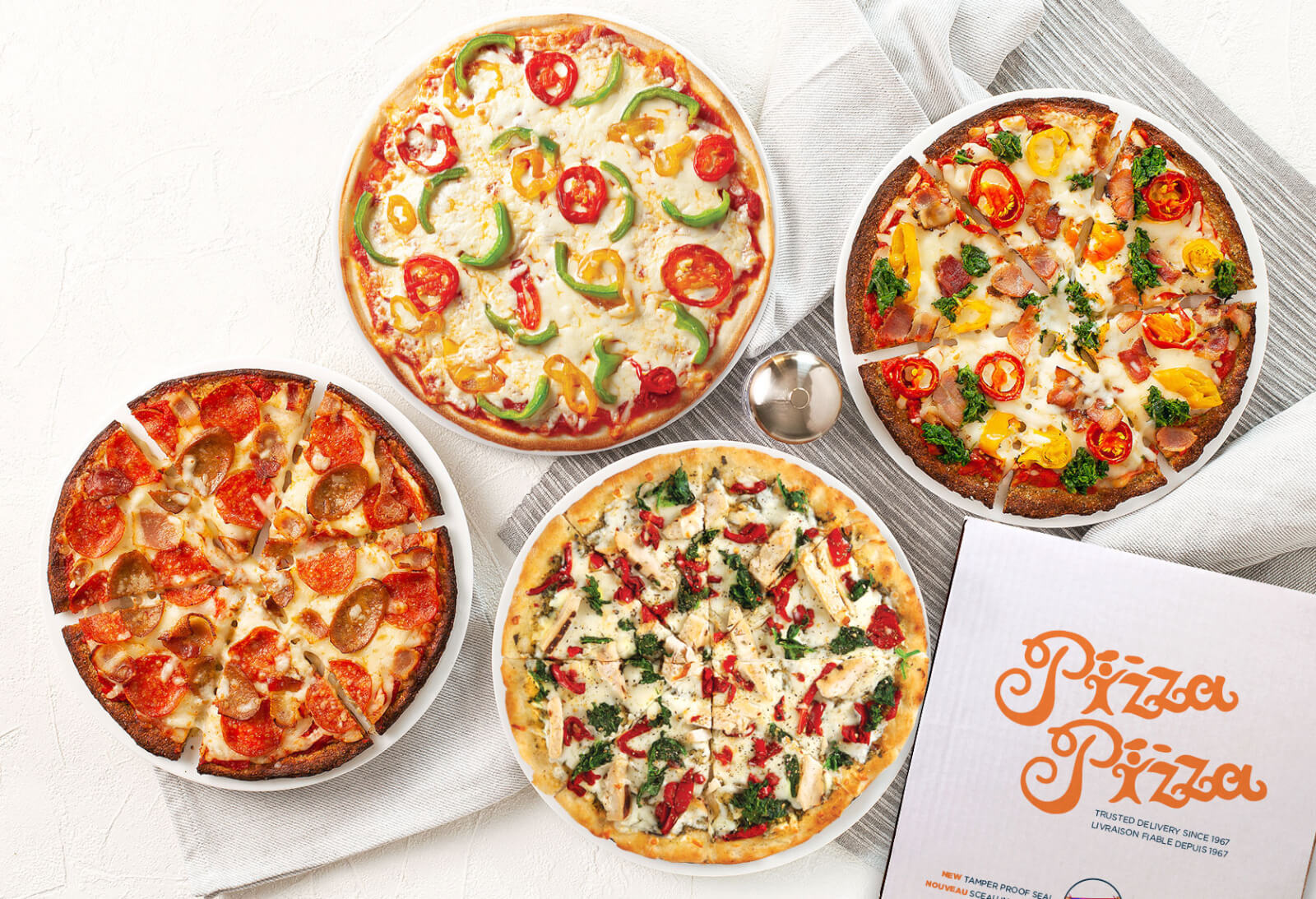
HPA: As we are in the middle of Women’s History Month and of course, we just celebrated International Women’s Day, I have to ask you about being a female leader of South Asian descent, the value of having strong female leadership. What perspectives do you bring to the table that differs from your male counterpart when it comes to leadership qualities and leadership perspective?
AW: That’s a good question. I might have a more a more broader range when it comes to understanding other women. And so I think that’s important to make sure that you can connect well, whether it’s with your team members or with your customers. In one meeting, I could be the toughest person in the room and at another hour I could be the most empathetic. So I think that just really having that emotional intelligence and being able to identify with the needs in the moment.
It changes from from day to day and from person to person. Sometimes you need Mama Bear to come and stand up and be tough as nails for you. And sometimes I can just be the soundboard that they need. So I’m not saying that that’s unique to women, but sometimes there is just a little bit more range when it comes to having that bandwidth to tap into what’s going through your team members and having the kind of wherewithal to be able to sit with them. And listen and understand what might be going through their mind so that they can perform as best as possible.
HPA: Tell me about the value of mentoring.
AW: We’re so we’re so keen on bringing in new talent because it’s a reflection of our customers. We want to make sure that we have that connection to to the market. And so bringing in new talent, we feel it’s such a good investment into our business. Like I said, having a voice in this company is very important. And being one of those people that grew up in the company and had the support of the leadership team to build my confidence, I just want to pay that forward and make sure that the next generation of leaders has that ability and they know that they’re being listened to and that their input is valuable. It’s pretty exciting when you have a new team member start — they might just be at a school or they might be well into their career — but they’re new to the company. And when they start to realise how much they can actually provide input and have creative control, especially in this marketing department, it’s so exciting to watch that unfold, to let them build their confidence and then see things come to life in the market and be so proud of that. It’s such a win win for all of us. And again, it’s just good business at the end of the day to have these new team members who are so connected to a segment of our audience.
HPA: What advice would you give to women to help them navigate the workplace in today’s current economic climate?
AW: First of all, know what you’re bringing to the table and really own it. And it’s something that I’ve always tried to measure against myself is ‘am I in the right place?’. And, you know, being here for so long, it can easily come back to ‘am I just being complacent?’. But every time I ask myself the question, I look at how the company’s evolved. And because I’ve evolved over that over time and the company is also evolved in a good way. I’m able to still align those values. So I think it’s really important that we know we’re in an organisation that lines up with our values and that you can be yourself, you can be authentic and it’s rewarded.
The other thing is to lean on the other women in the industry. And because when I was on maternity leave, I had a lot hesitation on what things would look like when I got back and what am I going to do, am I going to be welcomed back and everything. And I reached out to a couple of different women in the industry and they were so helpful in sharing their experiences and giving me the encouragement to see that I’m still going to be needed. It was really valuable to hear their experiences, how they navigated and learned from it. I took that through with me through my whole year off to say, ‘okay, I’ve got this. When I come back, I’ll still have it’.
If anything, you might have more to bring to the table because you just have a different perspective. And that is something that happened is that when I did come back from that leave, it was in the middle of the pandemic and our work life balance scores were previously poor and it was something that needed to be improved. So it was something that we really worked hard on. Making sure that we had a team set up for success in terms of work life balance.
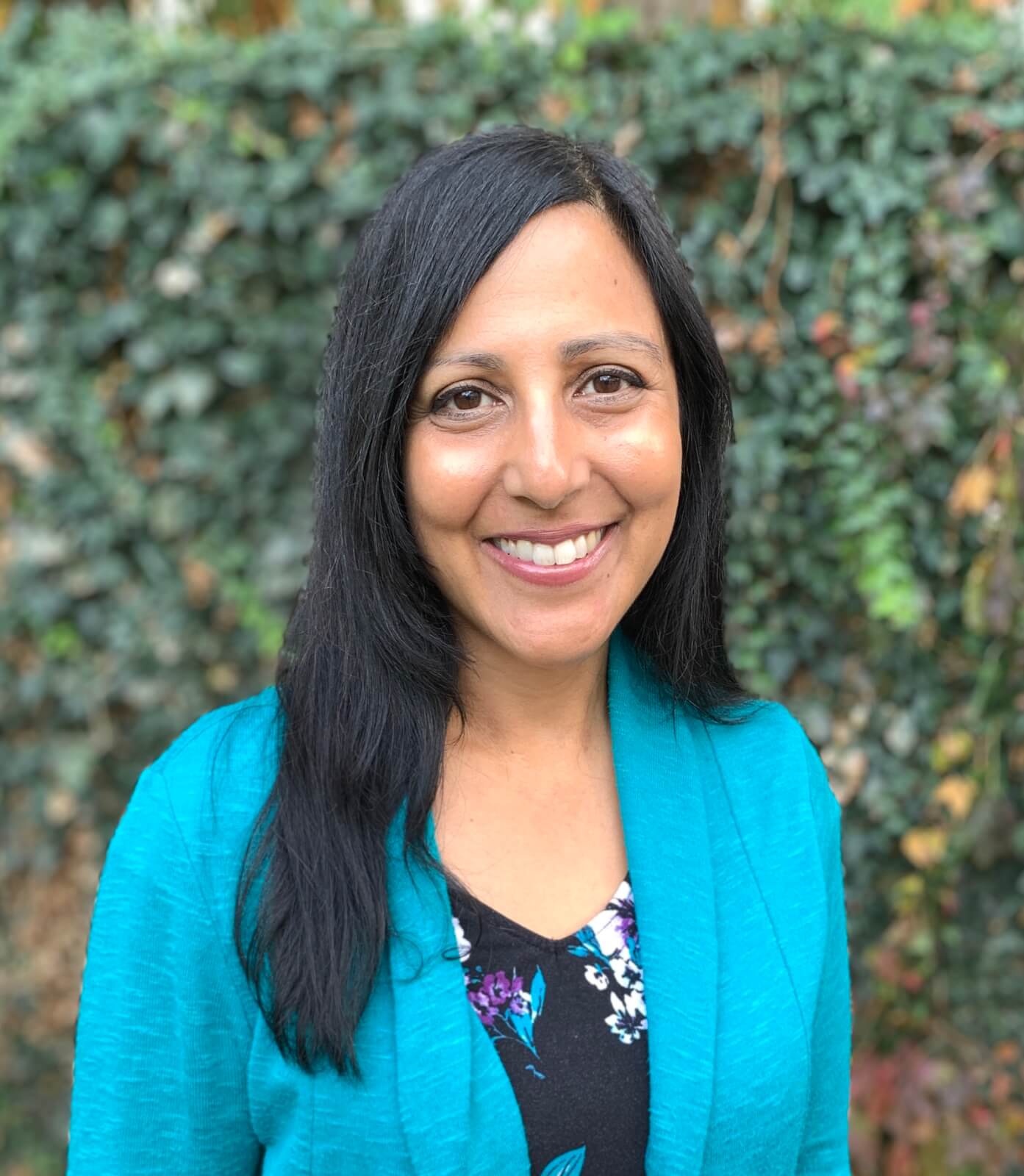
HPA: Sometimes as career women we often question whether we are in the right place or need to move on? Your thoughts?
AW: When people are looking at where they are and [question] if they in the right place, I say to think of all the challenges that come in this day and age and make sure that you’re aligned with where you’re working. That was something that we really felt was important to work on, that we couldn’t get away with those [work life balance] scores. We just had to work on them. So it was really exciting because I know for anyone moving forward in terms of whether someone is coming back into the work space, I have the confidence to be able to be a sounding board for them and say, ‘Look, these are the changes that we’ve made and this is where I can give you my experience and share this with you to make sure that you’re set up for success when you return’.
Also remember as you change over time, the organisation also changes over time. So you actually have the capability to impact how your organisation changes. So don’t be shy to be that change agent. I think that’s really important because it’s easy to sit back and say, ‘Oh, you know, this, this isn’t working for me’, but it’s also another thing to really push for change.
So I think that’s something that with our company having the DEI Council now, it’s really important that we can impact and create impact and create change. Just like I said, as we accelerate how society evolves, we want to make sure that Pizza Pizza keeps up with that.
Main Image Photo Credit: Pizza Pizza
Hina P. Ansari
Author
Hina P. Ansari is a graduate from The University of Western Ontario (London, Ontario). Since then she has carved a successful career in Canada's national fashion-publishing world as the Entertainment/Photo Editor at FLARE Magazine, Canada's national fashion magazine. She was the first South Asian in...




























































